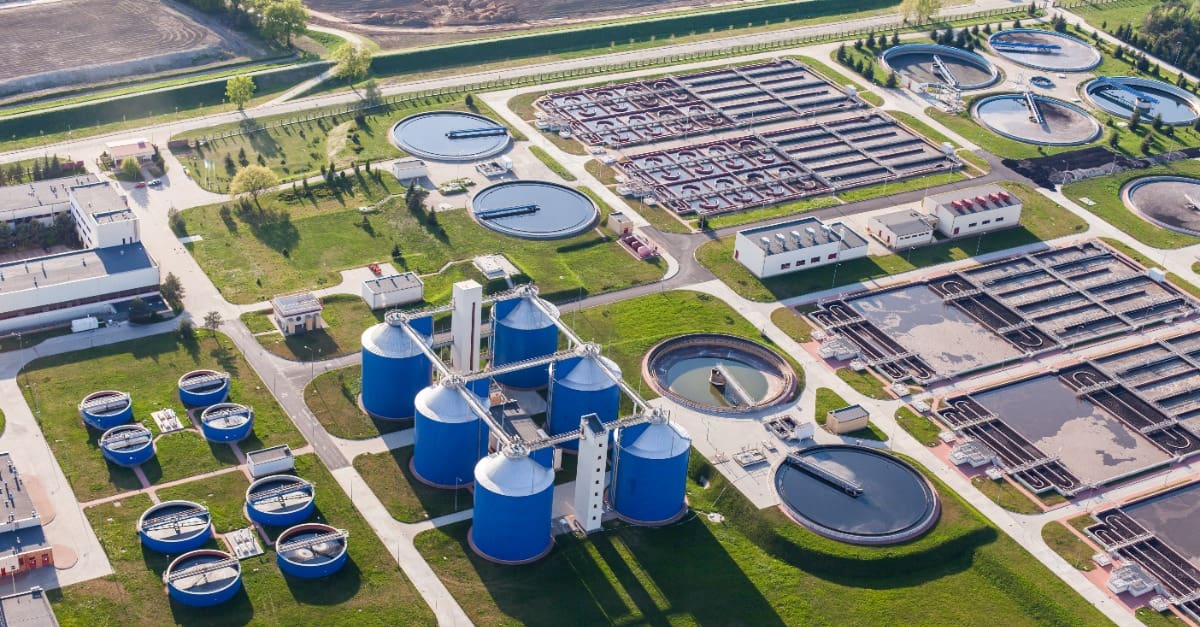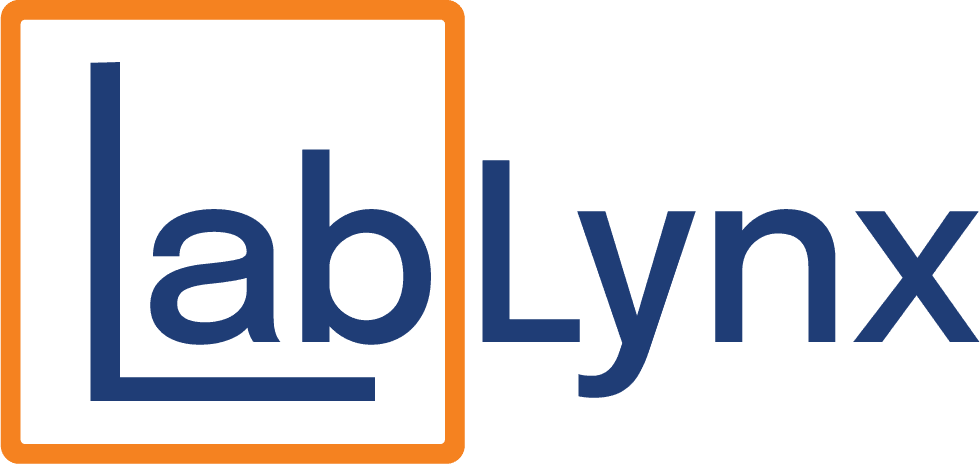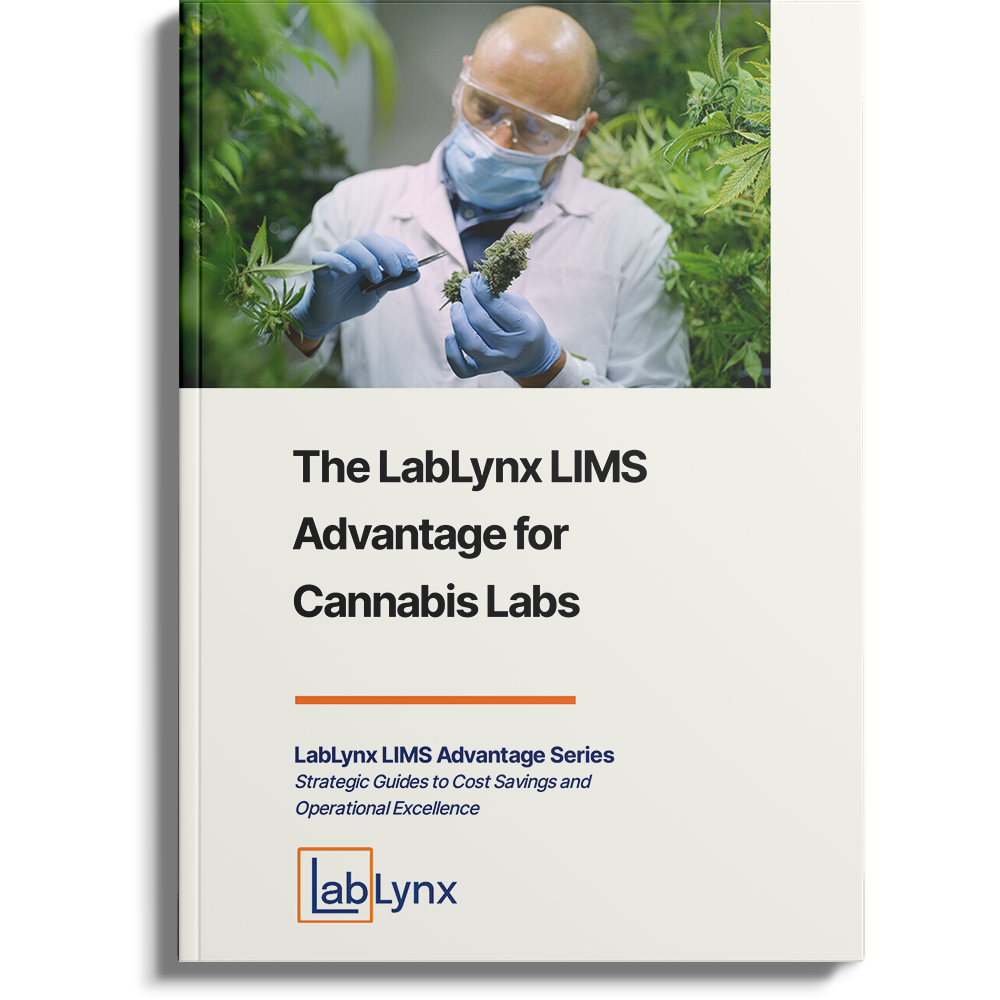
Water quality and wastewater treatment are critical components in safeguarding public health, preserving the environment, and supporting industrial operations. As global challenges such as pollution, climate change, and population growth intensify, the demand for advanced technologies and innovative approaches in water management has never been greater. Laboratories at the forefront of water quality testing and wastewater treatment are embracing cutting-edge solutions to meet these challenges. Among the most transformative tools in this space are Laboratory Information Management Systems (LIMS), which are revolutionizing the way labs operate, manage data, and ensure compliance.
The Importance of Water Quality and Wastewater Treatment
Water is one of the most vital resources on the planet. Ensuring that water is clean and safe for consumption, industrial use, and environmental sustainability requires rigorous testing and treatment processes. Wastewater treatment, in particular, is essential for removing contaminants from water before it is released back into the environment or reused. This process not only protects ecosystems but also helps in maintaining the quality of water resources.
Laboratories play a crucial role in these processes by conducting tests that determine the presence of pollutants, pathogens, and other harmful substances in water. These tests require precise methodologies, reliable data management, and stringent adherence to regulatory standards. This is where LIMS comes into play, offering a comprehensive solution that enhances the efficiency and effectiveness of water quality and wastewater treatment labs.
How LIMS Enhances Water Quality and Wastewater Treatment Labs
A Laboratory Information Management System (LIMS) is a powerful tool that automates and streamlines laboratory operations. For labs focused on water quality and wastewater treatment, LIMS provides several key benefits:
Efficient Data Management and Traceability
Water quality testing generates vast amounts of data, from sample collection to final analysis. Managing this data manually can be time-consuming and prone to errors. A LIMS centralizes all data, ensuring it is easily accessible, accurate, and secure. This system tracks samples from collection through analysis, providing full traceability and ensuring that all data is linked to the correct sample and testing method.
With a LIMS, labs can automate data entry, reducing the risk of human error and ensuring that data is consistent and reliable. This not only saves time but also enhances the overall accuracy of the testing process, which is crucial for meeting regulatory standards.
Streamlined Workflow and Process Automation
In water quality and wastewater treatment labs, efficiency is paramount. LIMS automates routine tasks such as sample tracking, data entry, and report generation, freeing up lab personnel to focus on more critical tasks. This automation ensures that workflows are streamlined, reducing bottlenecks and improving turnaround times.
Moreover, LIMS can integrate with laboratory instruments, automatically capturing and storing data in real-time. This eliminates the need for manual data transcription, further reducing errors and ensuring that all data is accurately recorded. By automating these processes, LIMS helps labs operate more efficiently, allowing them to handle larger volumes of samples without compromising on quality.
Ensuring Compliance with Regulatory Standards
Water quality and wastewater treatment are highly regulated industries, with strict standards set by agencies such as the Environmental Protection Agency (EPA) and the World Health Organization (WHO). Compliance with these standards is essential for ensuring that water is safe for consumption and that wastewater is treated effectively before being discharged.
LIMS helps labs maintain compliance by providing tools for managing and documenting every aspect of the testing process. This includes automated audit trails, which record every action taken in the lab, from sample receipt to final reporting. These records are invaluable during regulatory audits, providing clear and comprehensive documentation that demonstrates compliance with all relevant standards.
Enhanced Reporting and Data Analysis
One of the key benefits of using a LIMS in water quality and wastewater treatment labs is the ability to generate detailed reports and conduct advanced data analysis. LIMS allows labs to create customized reports that meet the specific needs of different stakeholders, whether they are regulatory agencies, industrial clients, or environmental organizations.
In addition to reporting, LIMS offers powerful data analysis tools that enable labs to identify trends, monitor performance, and make informed decisions. For example, labs can use LIMS to analyze historical data on water quality, identify potential sources of contamination, and take proactive measures to address issues before they escalate.
Supporting Sustainability and Innovation
As the global focus on sustainability intensifies, water quality and wastewater treatment labs are under increasing pressure to adopt environmentally friendly practices. LIMS supports these efforts by enabling labs to optimize their operations, reduce waste, and minimize their environmental footprint.
For example, LIMS can help labs manage resources more efficiently by tracking reagent usage, monitoring energy consumption, and identifying opportunities for waste reduction. Additionally, by providing insights into the effectiveness of different treatment methods, LIMS enables labs to innovate and develop new approaches that are both cost-effective and environmentally sustainable.
The Future of Water Quality and Wastewater Treatment
The challenges facing water quality and wastewater treatment are complex and multifaceted. However, with the right tools and technologies, labs can rise to the occasion and play a pivotal role in protecting our water resources. LIMS is at the forefront of this effort, providing the infrastructure needed to manage data, ensure compliance, and drive innovation.
As laboratories continue to adopt LIMS, the potential for improved water quality and more effective wastewater treatment grows. Whether you are managing a municipal water treatment facility, conducting environmental research, or operating an industrial laboratory, a LIMS can help you achieve your goals and contribute to a more sustainable future.
Conclusion: Transform Your Lab with LIMS
Investing in a LIMS is a strategic decision that can transform your water quality and wastewater treatment lab. By enhancing data management, streamlining workflows, ensuring compliance, and supporting innovation, LIMS empowers labs to operate more efficiently and effectively. As the demand for clean water and sustainable wastewater treatment continues to grow, the role of LIMS in supporting these critical processes will only become more important.




